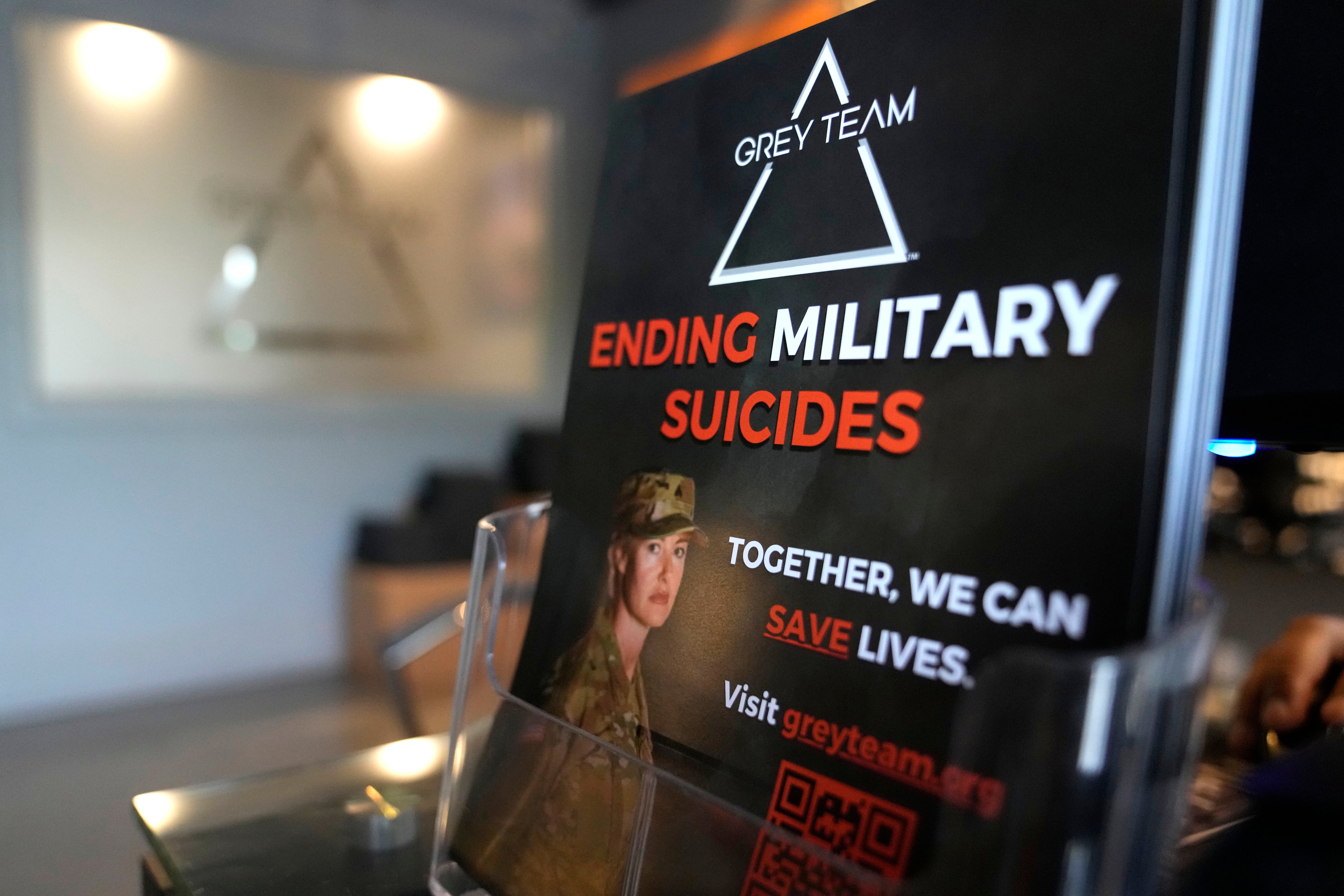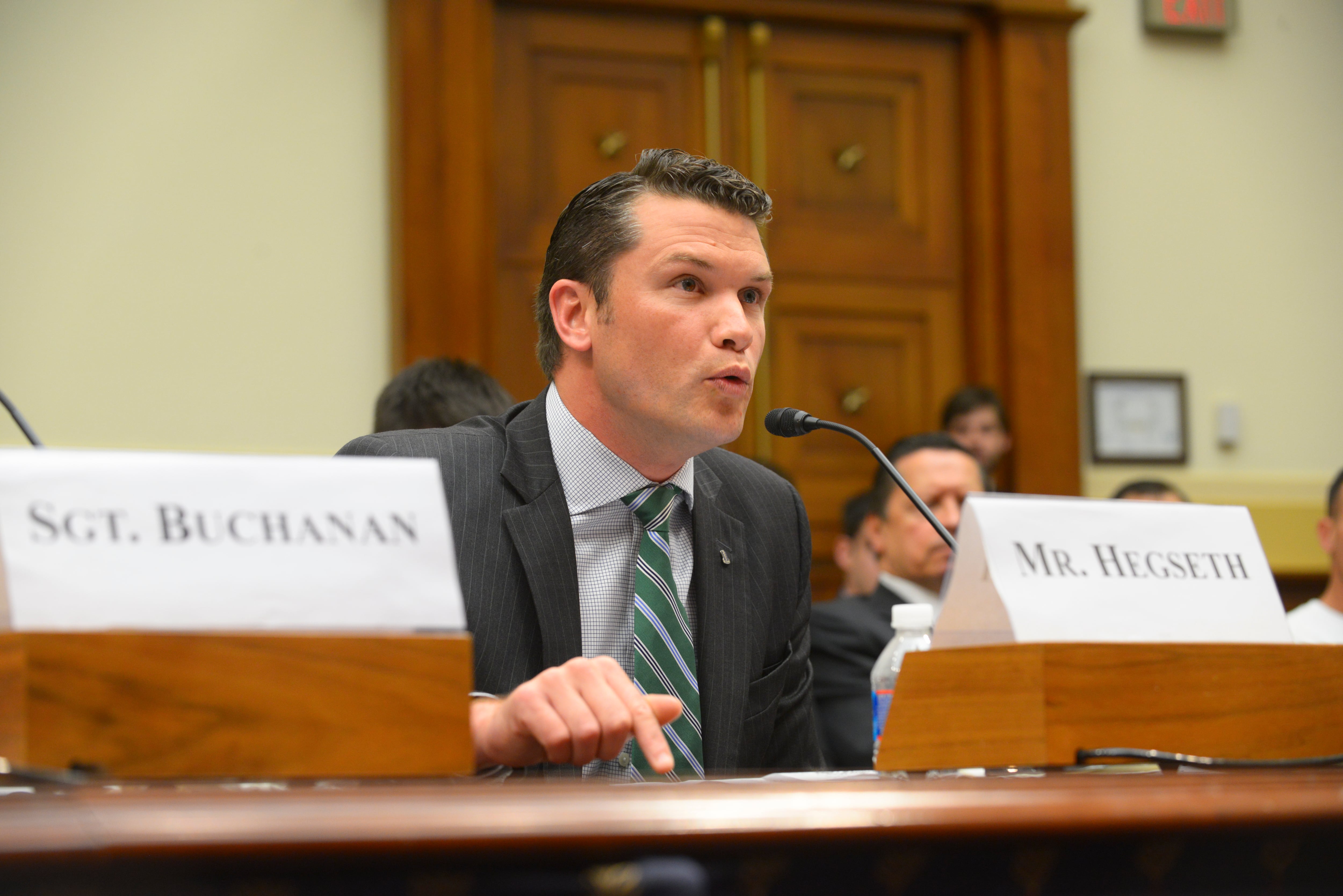The services also struggle with a decreasing propensity or interest to serve in the armed forces.
As the service looks to the future, it must evolve and keep up with society so that it can continue to attract the best and brightest.
Under the 25 percent rule, airmen were not allowed to have tattoos on the chest, back, arms and legs that were larger than 25 percent of the exposed body part. Feedback from Air Force recruiters showed that almost half of the contacts, applicants and recruits they talk to every day have tattoos. What's more, one in five of them have tattoos that require a review or could disqualify them from service all together.
By eliminating the 25 percent rule effective Feb. 1, the Air Force opens itself to a larger population of potential recruits.
It also stops the service from disqualifying candidates based solely on ink embedded in their skin and a seemingly arbitrary rule.
As tattoos become more common and accepted in society, it doesn't make sense for the Air Force to deny someone the opportunity to serve — especially if they're a much-needed cyber expert or talented intelligence analyst or have the potential to excel in one of the ultra-demanding, much-needed battlefield airmen career fields — just because of some extra ink.
And because the new rules essentially mean airmen's tattoos will be concealed while they're in their dress uniform, the Air Force's new policy strikes a good balance between recruiting new and more diverse talent and maintaining a professional appearance.
In addition to tattoos, the Air Force also updated its standards for medical accessions, making it easier for recruits with eczema, asthma and attention deficit hyperactivity disorder to get a waiver.
Again, listening to its recruiters, the Air Force found that those three conditions made up the largest number of waiver requests.
The Air Force also is doing away with its old policy on pre-service marijuana use. As more and more states legalize the use of marijuana, whether for medical or recreational purposes, the Air Force rightly now will not hold against potential recruits any past pot use.
These changes should help the Air Force grow its ranks after a steep drawdown and years of budget uncertainty.
And if qualified recruits decide they want to serve, something as superficial as tattoos or past pot use shouldn't stand in their way.





